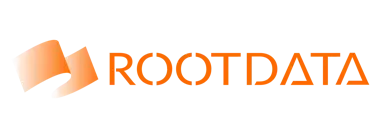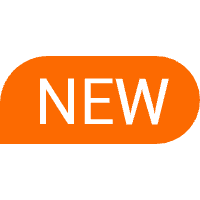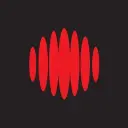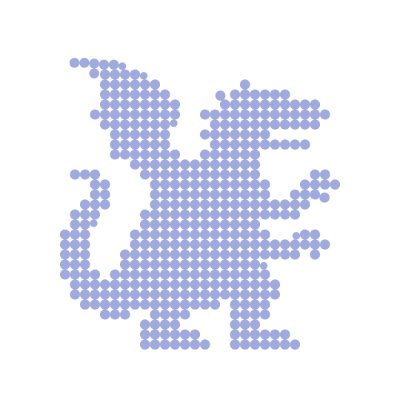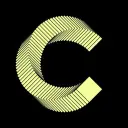Top 100 Hot Crypto Projects
Real-time display of top 100 Crypto projects by Popularity Index
Last Updated: 02-18 22:00
Rank | Project Name | Transparency Score | Tags | Popularity Index Trend (24h) | |
|---|---|---|---|---|---|
1
| 
PsyopAnime
PSYOPANIME
| ||||
2
| |||||
3
| |||||
4
| |||||
5
| |||||
6
| 
Pirate Nation
PIRATE
| ||||
7
| 
Espresso Systems
ESP
| ||||
8
| |||||
9
| 
Kite AI
KITE
| ||||
10
| 
Monad
MON
| ||||
11
| |||||
12
| |||||
13
| |||||
14
| 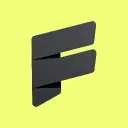
COLLECT
COLLECT
| ||||
15
| 
Stable
STABLE
| ||||
16
| 
PEPE
PEPE
| ||||
17
| 
Sui
SUI
| ||||
18
| 
Ethereum
ETH
| ||||
19
| 
Tether
USDT
| ||||
20
| |||||
21
| 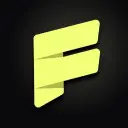
Fanable
COLLECT
| ||||
22
| 
Cyber
CYBER
| ||||
23
| 
Venice
VVV
| ||||
24
| 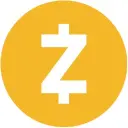
Zcash
ZEC
| ||||
25
| 
FLock
FLOCK
| ||||
26
| |||||
27
| |||||
28
| 
LayerZero
ZRO
| ||||
29
| 
Spacecoin
SPACE
| ||||
30
| 
Hyperliquid
HYPE
| ||||
31
| 
Midnight
NIGHT
| ||||
32
| 
Enso
Enso
| ||||
33
| 
Aster
ASTER
| ||||
34
| |||||
35
| 
Orca
ORCA
| ||||
36
| |||||
37
| 
Filecoin
FIL
| ||||
38
| 
Immunefi
IMU
| ||||
39
| |||||
40
| |||||
41
| 
Virtuals Protocol
VIRTUAL
| ||||
42
| 
River
RIVER
| ||||
43
| 
pippin
PIPPIN
| ||||
44
| |||||
45
| 
Lighter
LIT
| ||||
46
| 
Official Trump
TRUMP
| ||||
47
| 
Ethena
ENA
| ||||
48
| 
Bankr
BNKR
| ||||
49
| 
Aztec Network
AZTEC
| ||||
50
| 
Plasma
XPL
|
- 1
- 2
Total 100
Page

